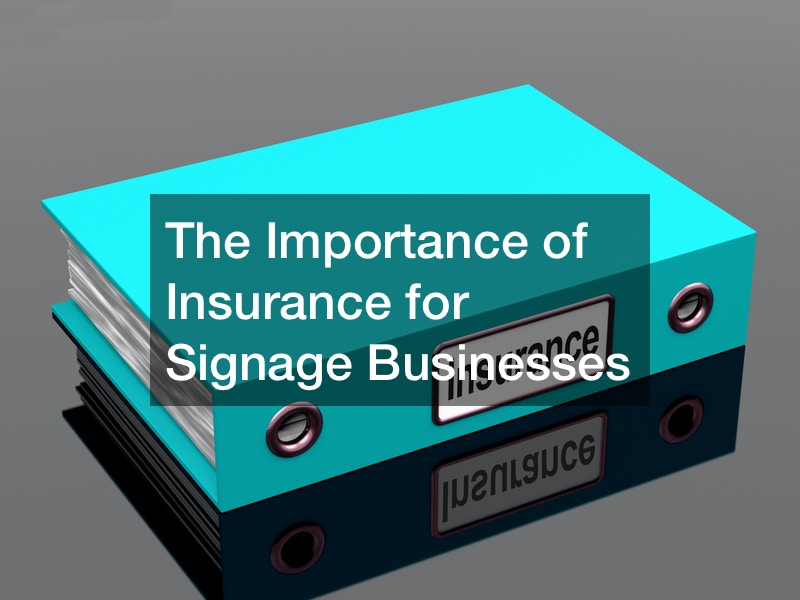
If you carry a lot of luggage most of the time and are looking for a vehicle that allows you to carry it at once seamlessly, then you’ll most likely need a van.
Unlike its sedan counterparts, buying a van would save you a lot of money in the long run. However, it is important you know that not all vans are the same. As such, knowing what to look for when buying a van is non-negotiable if you want to purchase a van that adequately meets your needs and that you would enjoy using.
In this article, we cover the fundamental things that you should look for when buying a van and also provide tips if you’re considering purchasing a used van.
Important Questions that Serve as a Guide

When considering what to look for when buying a van, there are questions you have to first provide an answer to before even proceeding to the car dealership. The answers to these questions would significantly guide your decision-making and would help to narrow down the wide variety of vans on the market so you can make a more tailored decision.
What Are Your Needs?
The answer to this question would largely influence what to look for when buying a van. If you need a van that can carry a lot of luggage, a cargo van would serve you better. If you don’t want something so big, but still need enough room to contain a reasonable amount of luggage, you should consider a mini-van.
Properly defining your needs is the first thing you should look into when buying a van. This would help prevent situations where you end up spending money buying a much bigger van than you need. It will also ensure that you don’t purchase a van that you wouldn’t enjoy using.
How Much Will Your Van Pay You Back?
The second important thing to look for when buying a van is the price tag. This is because the price tag is the most expensive part of purchasing a van. However, you can offset some of that cost by saving money on gas or even parking at the airport. You’ll also be able to earn more money when you sell your old vehicle and use it to buy a new one.
The average annual cost to own a van is $500 per month, but it will pay for itself within a year if you drive safely and don’t have any accidents (or get into any tickets). If you’re not sure how much time it takes to make up this difference in your income, consider renting out parts of your vehicle like seats or storage space so that they’re not taking up valuable space in your auto garage or driveway. This could save quite a bit over time.
Before finally buying a van, ensure you make as many inquiries as you can about the value of used vans, particularly the one you’re intending to purchase. This allows you to get an insight into how much of your money you could get back if you eventually buy a van.
Are You Limited to Purchasing Within a Certain Range of Your Location?
When considering what to look for when buying a van, it is important that you look at your local area first. If you’re looking to buy a van, you’ll want to consider where it’s being sold. The cheapest place might not be the best choice for your commute, so don’t just go with the first listing that comes up on Google Maps.
You could also consider buying used cars from private sellers and Craigslist ads. But keep in mind that these vehicles are typically older models and may not be maintained as well as newer ones would be if you got one new instead.
Will You Have to Customize The Van or is it Ready To Go?
If you have to customize the van, then it will cost more. If you don’t have to customize the van, then it won’t cost as much.
If your van needs customization and you’re not sure what that means or how much it will cost, ask for a quote from a variety of companies that specialize in customizing vehicles.
There are several things that can be added when customizing a vehicle, including paint jobs (including colors), rims and tires, seat covers/upholstery materials, etc., new interior decorating items like floor mats or headrests, and a car wrap to suit whatever style you want.
How Much Do You Want to Spend?

After considering all of the above, the amount of money you intend to spend on purchasing a van would guide what to look for when buying a van. So, ensure you ask yourself how much you want to spend on the van purchase. If possible, make a very clear budget.
Your budget is always important when making significant decisions like this. It ensures you don’t go over the top in your purchasing decision and leave you wrecked at the end.
Guiding Tips for What to Look for When Buying a Van

Now that you have answered the fundamental questions that would guide what to look for when buying a van, these tips would give you a much clearer insight into the major things to consider when purchasing a van.
Mileage
Mileage is an important factor when buying a van. The higher the mileage, the more expensive it will be to maintain and repair. This means that you’ll have to spend money on auto repair services like oil changes and tire rotations, and other things that aren’t typically included in a car payment.
The lower mileage on your van also means lower maintenance costs. But this could also mean that parts are harder to come by, as well as higher prices for repairs or replacements if needed (and possibly even more expensive than what it would cost if there were fewer miles). You may need to pay more frequent trips to the auto brake repair shop, windshield repair shop, auto welder, and other parts of an auto shop.
This right here is where you go back to those questions that you answered earlier. Does the cost of buying a car with a higher mileage fit into your budget? Do your needs and the benefits you get from this require you to purchase a car with a higher mileage?
Ensure you thoroughly consider these before making your final purchase decision.
Car Lockout
If you’re buying a van, it’s important to make sure that the car lockout feature is included. This not only helps prevent unauthorized people from getting in or out of your vehicle but also lets you lock yourself out if someone tries to steal it.
If you need to, you can also get a spare key for your new van. Call up Auto Locksmiths and ask them if they have one available. If so, they’ll give you instructions on how to install it into their system. When you’ve done this, all you need do is press a button whenever someone tries getting into your car and they’ll be locked out instantly.
Financing Options
You need to know how much money you can afford to put down on the van and what kind of interest rate you’ll be paying. If your credit score is not good enough, don’t be afraid to negotiate with the dealer. Sometimes they will let you take out a loan with only 20% down and a low-interest rate so that they can get more business from someone who has better credit than most people.
If this is too much for your budget, then consider getting a smaller amount financed through another lender as opposed to going through one of the big banks that would most likely charge high rates and fees.
Van Insurance
Even though you’re at a loss about what to look for when buying a van, checking that your insurance policy will cover this purchase is something you do not want to leave out. Before you purchase a van, check with your auto insurance company and see if they can add a van to your policy as an additional vehicle under their umbrella of coverage. If not, ask them if there is any way that you could get coverage for an additional vehicle from another provider.
If the answer is no and/or yes, then check with local police departments in case they require special types of vehicles, such as vans for patrol work or emergency response teams.
Accident Damage/Repairs
If you’re buying a van, it’s important to know how much it will cost to repair any accidents that may occur, such as auto body collision repair, before signing the paperwork. You can ask your salesperson if they’ve had any accidents with the vehicle, or check with a repair shop that specializes in cars with similar damage.
In some cases, a van will be covered under warranty and won’t need any repairs at all after an accident. However, in this case, there’s still no guarantee of what kind of repairs would be needed and how long they’ll take to complete. It is therefore important that you take note. In other cases, automobile accident lawyers would help you gather as much information as is necessary for accident damage and negotiate with insurance companies in your stead.
Test Driving is a Must
Test driving is the best way to get a feel for the vehicle. If you’ve got a friend or family member who has experience in driving vans, have them take you for a test drive. You’ll be able to see how yours feels on highways and off-road when compared with theirs.
Test drive in different conditions as well. Rainy days are great because they allow you to appreciate how easy it is to wash your windows without causing too much damage (and also how much more difficult rain makes it). Snowy days should also be taken into consideration since they can make visibility extremely poor. And if you’re not careful, this could mean an accident. What you want to look out for when buying a van here is how well the windshields work and if you’d need to visit a windshield repair shop before you’ve even got a chance to really enjoy the vehicle.
Don’t Underestimate The Power of Maintenance Records
If you’re wondering what to look for when buying a van, ensure maintenance records have a spot on your list. Maintenance records are an important part of any vehicle’s history. They provide a window into the past, and that can be very helpful in determining whether a van is worth buying.
While you might not find all of your maintenance records right away, they should be somewhere on the vehicle’s paperwork or under its hood. If you’re not sure where they are, take a look at the owner’s manual and see if it has any information about common problems and repairs that have been performed on this van over time (e.g., what kind of oil was used). You’ll also want to look through online listings of similar models—these may contain useful information about common issues and how long those problems lasted before being fixed by someone else (and thus how reliable their owners were).
Parting Thoughts

Purchasing a van is not an easy decision or one that should be taken lightly and knowing what to look for when buying a van can make this process a lot easier.
When you’ve finally purchased your car, don’t forget about local laws regarding where vehicles are allowed off-road. Some places require permits before being allowed onto unpaved roads, others prohibit all motorized vehicles entirely, and still, others allow certain types but not others (e.g., motorcycles). Make sure that whichever state/province/country your vehicle hails from allows its citizens access wherever possible so there aren’t any issues come time for registration renewal every five years or so.




